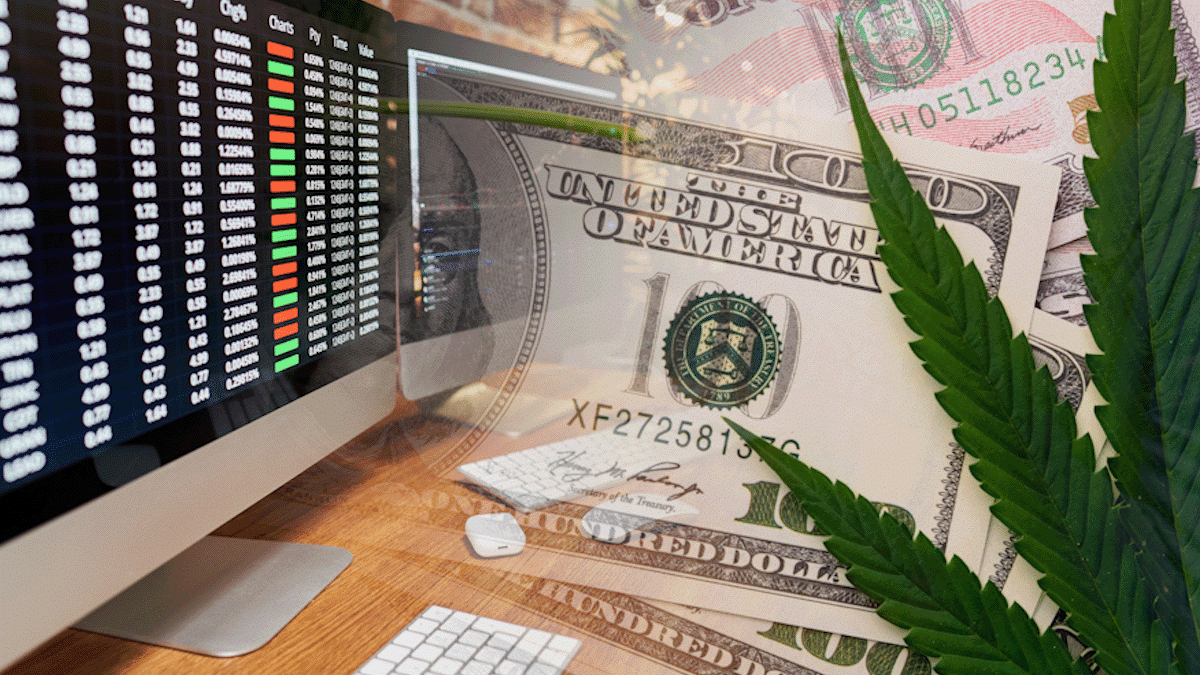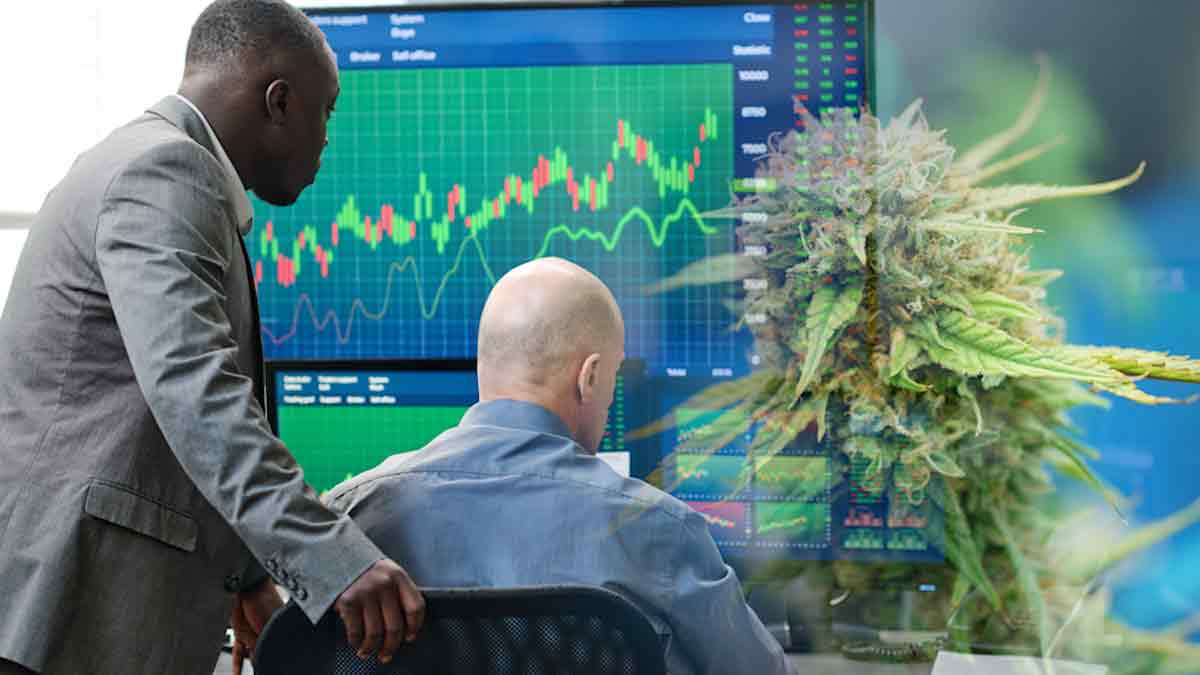Among the many crops grown on Glenn Rodes’ family farm in Rockingham County this summer was one that has not been cultivated in Virginia for decades but that may have a chance at a comeback now, thanks to a slow shift in attitudes and the law. Hidden behind rows of corn in one field, Rodes grew a small crop of hemp – a hardy, fiber-rich plant that can grow 8 feet tall and which has been used for thousands of years to make textiles, rope, paper, animal feed and food products.
In September, Rodes’ farm was part of Virginia’s first hemp harvest in over 10 years. Hemp supporters say the plant does not deserve that opprobrium. Having been bred over many generations for its industrial uses, hemp has vastly lower concentrations of tetrahydrocannabinol, or THC, the psychoactive compound that makes marijuana a recreational drug.
The hemp grown on his farm was used to make biodiesel to run farm equipment. In the 2014 farm bill, Congress allowed state departments of agriculture to license the growing of industrial hemp for research purposes. With the change in federal law, 30 states, including Virginia, then passed legislation authorizing their own hemp research programs.
In 2016, the General Assembly passed another set of bills allowing for the commercial production of hemp, but federal law would have to be relaxed further for that to happen. Two bills are pending in Congress that would exclude industrial hemp from the definition of marijuana if it has a THC concentration of less than 0.3 percent – far less than the concentration in marijuana, which can be from 5 to 20 percent.
The Virginia Department of Agriculture and Consumer Services imported 16 varieties of hemp seed and issued licenses to 29 people to grow hemp this year as part of the research programs.
“We typically look at hemp as a plant that can produce very durable and very strong fiber for its weight,” Fike said.
If commercial production is allowed, it also is uncertain just how large the market could be for Virginia-grown hemp or how much income it might generate for farmers. Advocates say the market could be sizable, given hemp’s usefulness in many products. The Hemp Industries Association, a national advocacy group for hemp production, estimated the value of hemp products sold at retail in the U.S. at $573 million in 2015.
“We literally have millions of cars on the road that have hemp parts in them,” said Eric Steenstra, executive director of the association.
Yost admitted he was skeptical when he first was approached about carrying legislation to allow for hemp research in Virginia.
Yost said he now sees hemp as a potential job-creation catalyst in regions of the state hurt by the loss of tobacco and manufacturing jobs.
For advocates such as Amatucci of the Virginia Industrial Hemp Coalition, the research that is happening now is good, but the move toward eventual commercialization is not happening quickly enough.
The amount of hemp cultivated in 2016 in the various research programs across the U.S. was close to 10,000 acres, or double the amount grown in 2015.
” Rodes, the Rockingham farmer, said he sees hemp as a potentially lucrative cash crop.
MAPH Enterprises, LLC | (305) 414-0128 | 1501 Venera Ave, Coral Gables, FL 33146 | new@marijuanastocks.com










